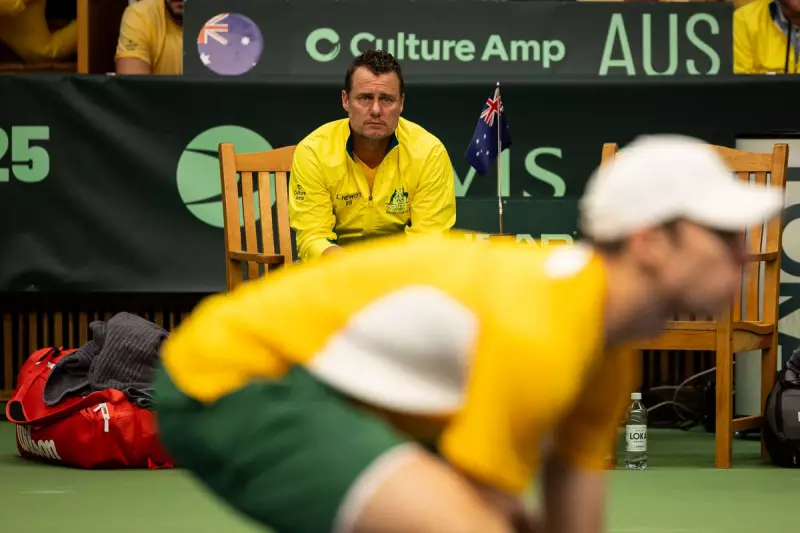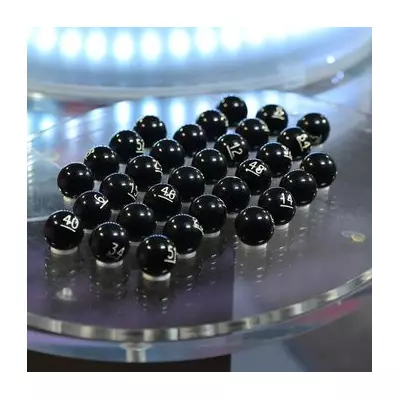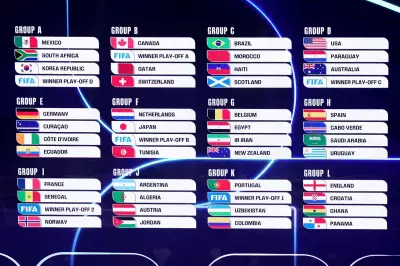
Tennis firebrand Lleyton Hewitt has ignited a fresh storm of controversy, with reports emerging that the Australian Davis Cup captain allegedly barred an anti-doping official from carrying out their duties.
The explosive incident is said to have occurred during Australia's Davis Cup qualifier against Mexico in Sydney. According to sources, Hewitt took exception to the presence of the International Tennis Integrity Agency (ITIA) official and reportedly instructed them to leave the team's private dressing room area.
A Direct Challenge to Anti-Doping Protocols
This move represents a direct and unprecedented challenge to the sport's established anti-doping procedures. The ITIA is the independent body responsible for upholding tennis's integrity, including its strict anti-doping programme. Its officials are granted authority to conduct tests at all sanctioned events, including the Davis Cup.
While the precise details of the exchange remain behind closed doors, the allegation suggests a significant breach of protocol. Such actions could potentially be construed as violating the Tennis Anti-Doping Programme (TADP) rules, which all players and accredited personnel agree to abide by.
Potential Consequences for Australian Tennis
The ramifications of this alleged confrontation could be severe for both Hewitt and Tennis Australia. The ITIA has the power to investigate the matter thoroughly. If a formal rule breach is confirmed, sanctions could range from a substantial fine to a more serious suspension for the former World No. 1.
This is not the first time Hewitt's passionate and sometimes combative nature has made headlines. However, interfering with the duties of an anti-doping official moves beyond on-court passion into a more serious realm of sports governance and integrity.
Sporting World Awaits Official Response
The sporting world is now awaiting an official statement from the ITIA, Tennis Australia, and Hewitt himself. This incident throws a spotlight on the pressures and protocols within international team competitions and serves as a stark reminder of the zero-tolerance approach expected towards anti-doping efforts in professional sport.





